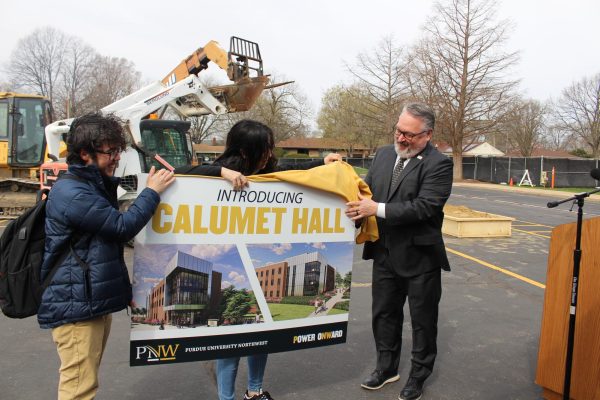Curriculum changes weighed to make courses more accessible
James Dolen believes his Scientific Computing class has too many unnecessary prerequisites that prevent too many students from taking the course.
To change that, he needs to get Faculty Senate approval.
“The goal of revising the prerequisites was to make the course more available to students outside physics and chemistry who may want to learn how to program in [the computer language] Python, analyze data and solve problems computationally,” he said.“This is relevant to all areas of engineering and science. The previous prerequisites for the course Scientific Computing limited the course to physics majors and minors and some chemistry students.”
Dolen’s efforts to change his course requirements reflect a broader reevaluation taking place across the university. The proposals vary from changing titles or prerequisites, to adding or removing classes. Professor Burton Artz, chair of the Faculty Senate Curriculum Committee, said each change can take a while.
“Curriculum additions, revisions and removals begin at the department,” he said. “Any individual faculty member can make a curriculum proposal. Faculty discuss each curriculum proposal and then vote to approve it in each department. Departments will then make curriculum proposals based on the needs of students in their majors.
“If approved by the department, the proposal is forwarded to the college level,” Artz said. “It is discussed by the college approving body and then forwarded to the Faculty Senate Curriculum Committee.
“If approved by the Faculty Senate Curriculum Committee, it moves to the Faculty Senate agenda and is discussed and voted on by the full Senate at the next monthly meeting,” he said. “If approved, the course to be added, revised or removed is forwarded to the Registrar’s office which makes the necessary edits to the class schedule and the PNW course catalog.”
Though the gantlet of approvals require months of effort, Professor Catherine Gillotti has witnessed how effective an updated registrar is for students.
“It’s hard on the faculty because they need to know what changes they want to make a year ahead,” she said. “But it helps students because it gives a current and meaningful curriculum to students to prepare for their careers.”
Dolen echoes the sentiment to help students.
“When I took over the course Scientific Computing in 2017, I added to it the goal of preparing students for modern research and modern jobs,” he said. “In addition to learning computational problem solving, we also learn how to program in Python, how to make professional plots, and how to analyze data to find signals and reject background. We also learn some machine learning techniques.
“I received a lot of feedback from students that these skills were helpful later when performing their senior research projects or working in industry,” he said.
Dolen wants to broaden access to Scientific Computing to students in other STEM fields by allowing biology, computer science, mathematics, and mechatronics majors to participate in the class.
Most changes working their way to the Faculty Senate deal with similar issues.




